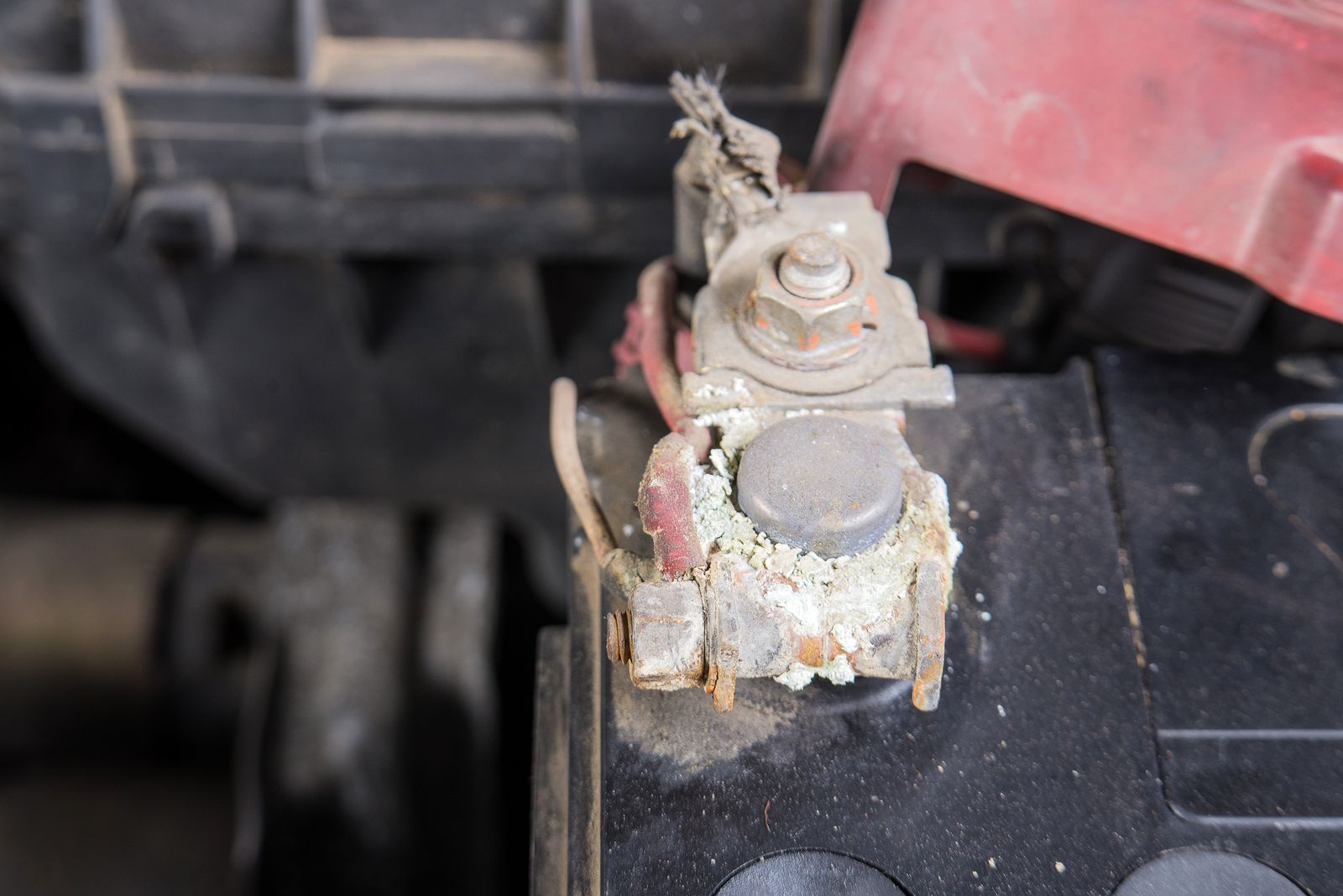Inside the Lab: Common Test Methods to Evaluate Grease Corrosion Protection
When it comes to ensuring the longevity and reliability of machinery, one of the most crucial factors to consider is corrosion resistance. While the primary function of a grease is to protect against friction and wear, its ability to withstand corrosive environments can significantly impact its performance and longevity. Marine, automotive, construction, agriculture, mining, metal working, and food processing are just a few industries where applications might be exposed to harsh conditions.

To help customers select the right grease for their design, many lubricant manufacturers perform corrosion tests that replicate environmental conditions that grease might face, such as high humidity, exposure to salts, and extreme pressure. These test results provide vital information about how grease will perform over time, particularly in challenging environments.
The Importance of Corrosion Test Results
The results of corrosion tests directly impact customers' ability to select the right grease for their equipment and operating conditions.
Extended Equipment Life
Greases with strong corrosion resistance protect metal surfaces from rust and wear, helping equipment last longer and reducing expensive repairs or replacements.
Reduced Downtime & Costs
Choosing a grease that resists corrosion helps prevent unexpected breakdowns, lowers maintenance costs, and improves operational efficiency.
Enhanced Performance
Corrosion tests ensure that the selected grease will perform reliably, even in the face of exposure to water, salt, and extreme temperatures.
Increased Safety
Corrosion can cause equipment failures that pose serious safety risks. Using corrosion-resistant grease helps reduce these risks and keeps machines running safely.
Types of Corrosion Tests for Grease
Several standardized tests are used globally to evaluate the corrosion resistance of greases.
Rust Prevention (ASTM D1743)
The ASTM D1743 is one of the most widely used corrosion tests, designed to assess a grease's ability to prevent rust in the presence of moisture. In this test, a sample of grease is applied to metal surfaces, which are then exposed to a humid environment. After a set period, the metal is inspected for signs of rust and is given a pass/fail rating. This test is essential for applications where moisture or water contamination is likely.
EMCOR Rust (ASTM D6138)
EMCOR is a ball bearing corrosion test that exposes the bearings to a range of environments, from distilled water to harsh NaCl solutions. The test runs for 168 hours under both dynamic and static conditions. Upon completion, both bearings are graded on a scale of 0 to 5 based on their corrosion levels.
Copper Corrosion (ASTM D4048)
The Copper Corrosion Grease Test is essential for testing how well lubricants can protect copper surfaces, particularly in high-temperature conditions. It differs from other corrosion tests in that it focuses specifically on the chemical interaction between grease and copper, as opposed to more general tests for rust formation or electrochemical corrosion.
Salt Spray (Fog) Test (ASTM B117)
The ASTM B117 test mimics the effects of saltwater or salt fog on materials to assess their corrosion protection abilities. In this test, a steel panel is coated with grease and exposed to a salt mist, created by atomizing a 5% sodium chloride solution in a controlled chamber at 35°C (95°F). The test runs for anywhere between 48 and 500 hours, depending on the corrosion resistance measurement required. After exposure, the panel is checked for signs of rust, pitting, or other damage, and the grease’s performance is rated—especially in terms of how well it maintains adhesion to the metal.
Water Spray-Off Test (ASTM D4049)
In the Water Spray-Off Test, a steel plate is coated with grease, weighed, and placed in a chamber where it is sprayed with distilled water at 40 psi for 5 minutes. Afterward, the plate is weighed again to determine the percentage of grease lost as a spray-off value. This test assesses the grease's stability to adhere under wet conditions. While not directly a corrosion test, the results from this test do indicate whether the grease will provide an effective barrier against moisture, helping to prevent rust and corrosion.